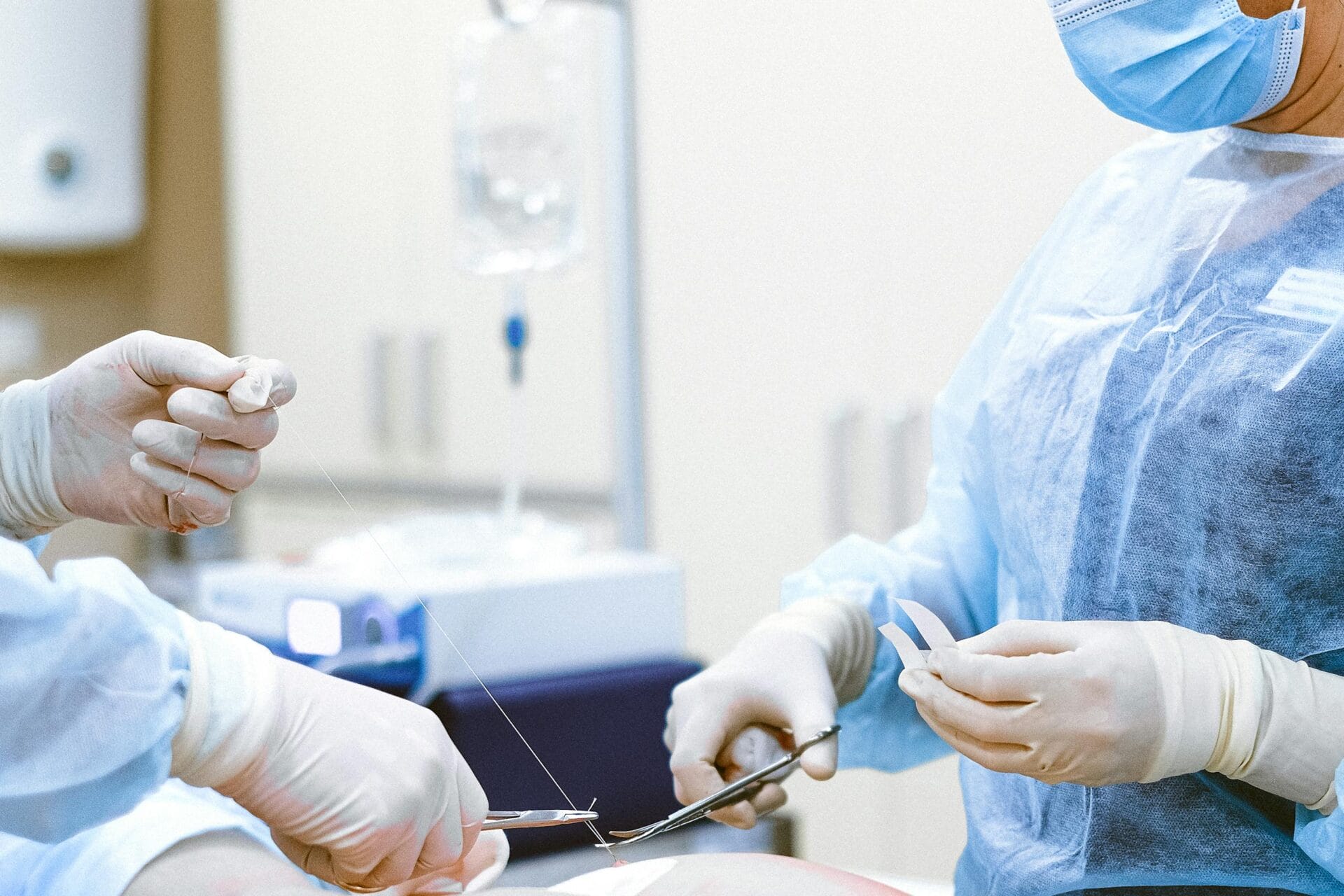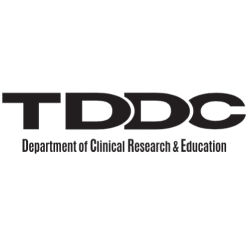Top 5 Risks of Improper Medical Waste Disposal for Surgical Centers
Surgical centers encounter one-of-a-kind challenges in managing medical waste because they must navigate strict regulations and guarantee safety for patients and staff. Improper disposal leads to serious health hazards and it creates legal consequences and financial burdens.
Understanding these risks helps guarantee patient safety and regulatory compliance and improves overall running efficiency. Surgical centers face top risks when they do not manage medical waste properly—and they must address these dangers.
1. Health Hazards to Staff and Patients
A wide variety of waste is generated by surgical centers: contaminated surgical instruments and other biohazardous materials and needles are included. If these are mishandled or not disposed of in designated containers, both staff and patients are put at risk. Improper disposal of medical waste exposes people to infectious materials and sharp objects and harmful chemicals.
Needlestick injuries often occur in surgical centers because they present a common hazard that can endanger both healthcare workers and patients alike. When people improperly discard sharps they can easily puncture gloves or skin and this can lead to potentially severe infections like HIV or hepatitis B and C but following proper handling protocols such as placing all sharps in puncture-resistant containers immediately after use can minimize this risk.
2. Legal Consequences
Medical waste disposal must be complied with by healthcare facilities and surgical centers, as they adhere to strict regulations. Laws like the Occupational Safety and Health Administration (OSHA) guidelines and regulations from the Ecological Protection Agency (EPA) create clear standards for handling, storing, and disposing of medical waste.
Surgical centers do not follow these guidelines when they fail to keep accurate records and improperly segregate waste and neglect regular pickups. Violating these regulations can lead to costly fines or penalties and legal action or even facility shutdowns.
The EPA can impose important fines if hazardous waste is not properly disposed of and OSHA may impose penalties if companies fail to provide a safe working environment.
3. Environmental Impact
Improperly disposing of medical waste contributes to ecological pollution. An important amount of non-biodegradable waste, including plastic and chemical waste, is produced by surgical centers and can harm ecosystems if it is discarded improperly. Hazardous waste in landfills or water supplies can contaminate soil and water and put local communities at risk.
Proper waste management practices can importantly reduce a surgical center’s ecological effect and these practices include recycling and reducing the use of non-recyclable materials. Surgical centers can contribute to a cleaner and healthier environment by adopting sustainable waste management strategies and they can also adhere to ecological regulations.
4. Financial Consequences
Surgical centers can face high costs for improper medical waste disposal. Improper disposal can lead to expensive remediation efforts and regulatory violations can result in fines and penalties. If a surgical center improperly discards its hazardous materials or causes contamination, it may face costly cleanup operations and it must act responsibly.
Waste management providers may charge more if people dispose of waste improperly or if special handling is necessary. Surgical centers should partner with certified waste disposal companies to avoid extra charges and potential financial losses by guaranteeing that waste is handled correctly.
5. Damage to Reputation
The surgical center must work hard to build an excellent standing because a good reputation is necessary for achieving success. If people learn that a facility has been careless in its waste disposal practices it will erode trust and confidence among patients and staff and the community. Patients avoid the facility because they fear exposure to infectious materials and healthcare professionals hesitate to work there because of safety concerns.
A surgical center improves its reputation as a responsible and trustworthy healthcare provider because it commits to proper waste management and this commitment guarantees both compliance and safety. A commitment to safe and compliant medical waste disposal can be shown by surgical centers to build stronger relationships with their patients and staff.
How to Minimize Risks of Improper Medical Waste Disposal
Surgical centers should take these steps to reduce these risks.:
- Implement clear waste segregation practices: Clear waste segregation practices should be implemented and waste should be properly segregated at the point of generation. Color-coded bins should be used for sharps, hazardous materials, and general waste to prevent cross-contamination, and these bins must be clearly labeled to guarantee proper disposal practices are followed effectively.
- Regular staff training: Train all staff members regularly on proper waste disposal protocols and the importance of safety. Be vigilant and comply.
- Work with certified waste disposal services: Certified waste disposal services should be worked with and professional medical waste disposal companies that are certified and adhere to all local and federal regulations should be partnered with. These services assist in making sure that people dispose of waste safely and legally in order to protect our environment and public health.
- Adopt sustainable practices: Sustainable practices should be adopted, and medical waste should be reduced, reused, and recycled where possible. Use reusable surgical tools and reduce non-recyclable materials to implement sustainable practices.
- Regular audits and inspections: Regularly audit and inspect your waste disposal practices to identify potential gaps in compliance and safety. To guarantee that all materials are properly handled and stored, regularly inspect the waste disposal areas, and take immediate action if you find any issues.
Surgical centers can lower the risks mentioned by zeroing in on proper medical waste management and guarantee a safer environment for both staff and patients and maintain compliance and financial stability. Managing medical waste properly is a regulatory requirement and it is an important aspect of providing high-quality and responsible healthcare.
For more information on effective medical waste management and staying compliant, request a quote today!











